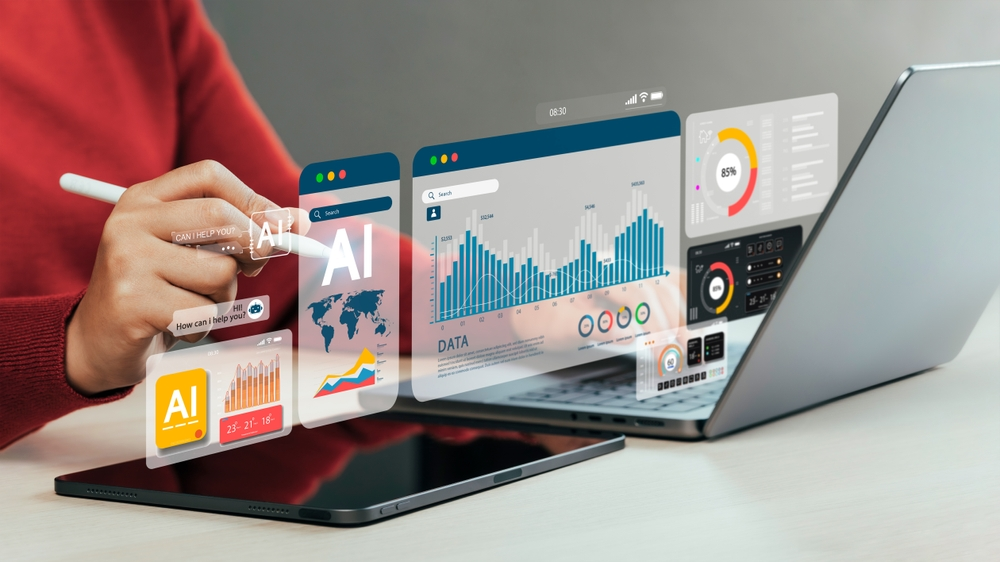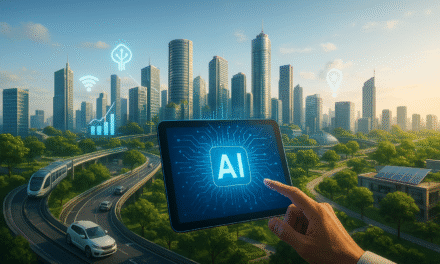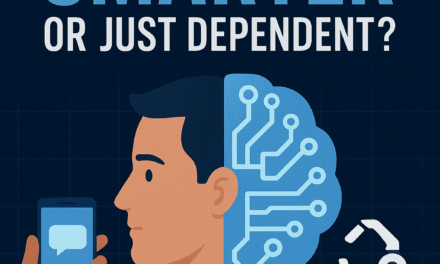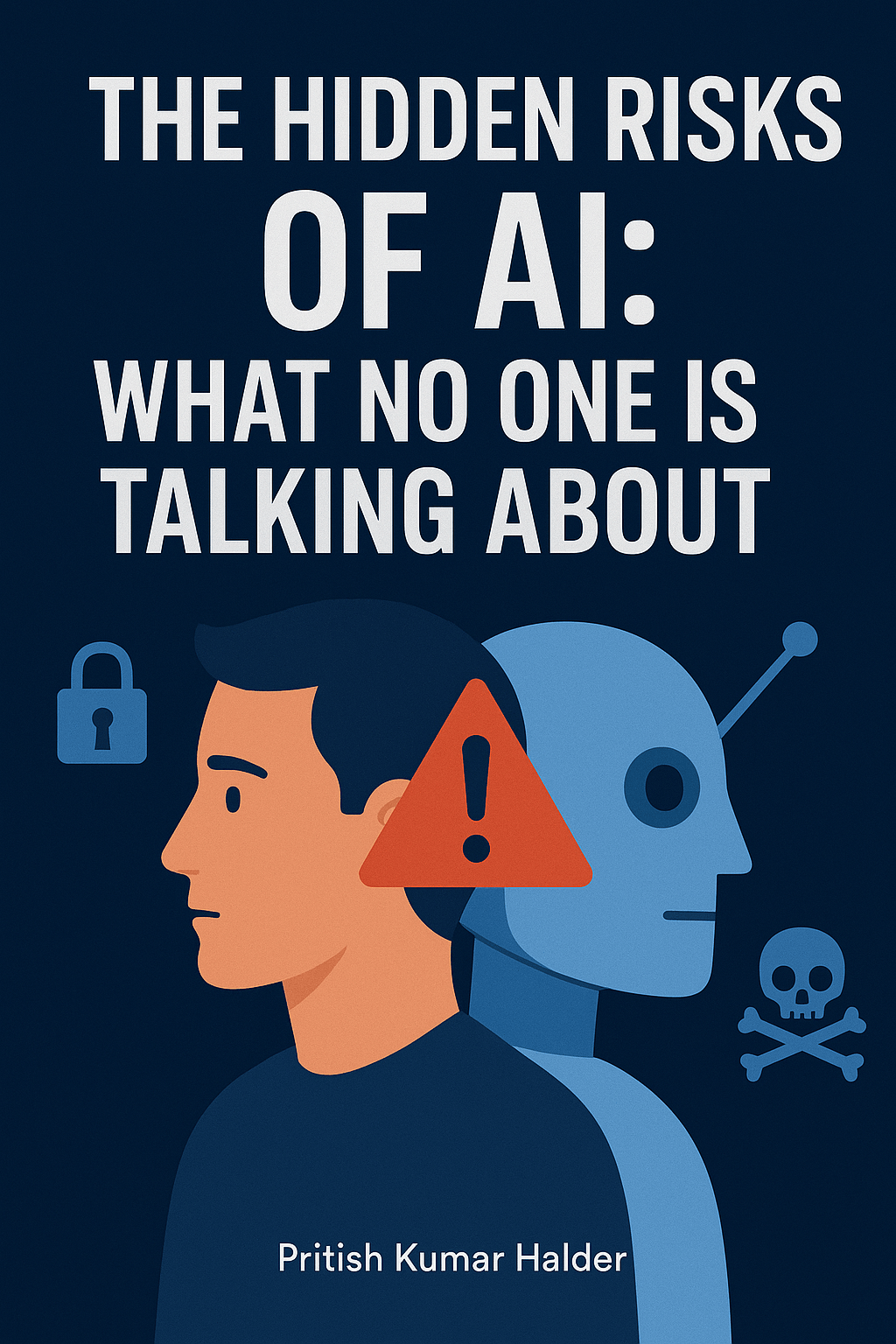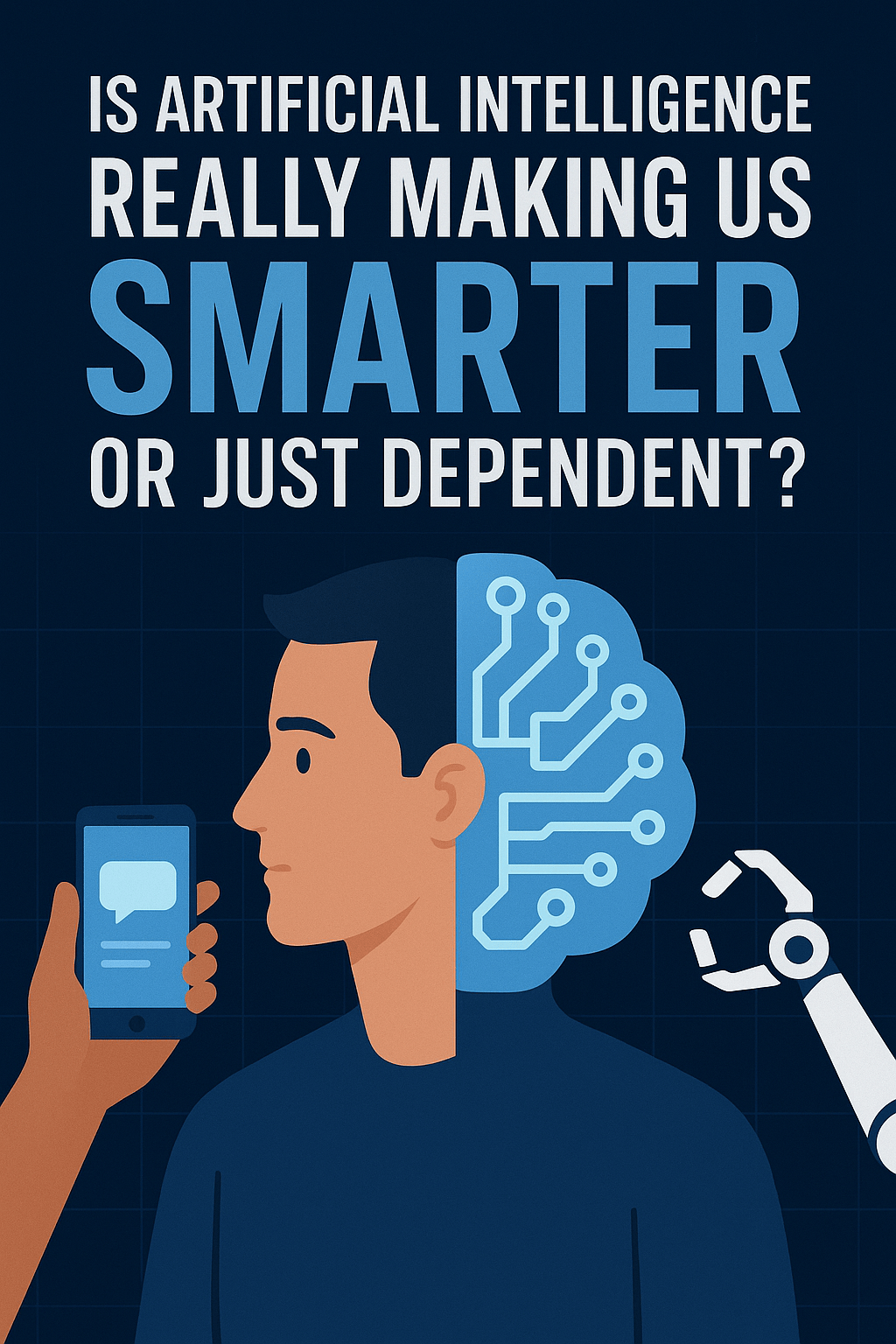Imagine opening your favorite shopping app and instantly seeing product suggestions that feel like they were hand-picked just for you—or receiving an email that knows exactly what you want, sometimes even before you realize it yourself. This isn’t magic. This is the power of AI in marketing, and it’s transforming how brands connect with modern consumers.
The days of generic ads and “one-size-fits-all” campaigns are quickly fading. Today, businesses are leveraging artificial intelligence to deliver personalization at scale, giving every consumer a unique experience while reaching millions at the same time. But how exactly is this possible, and what does it mean for both businesses and customers? Let’s take a closer look.
Why AI is Becoming Marketing’s Secret Weapon
Modern consumers expect more than just products; they expect personal experiences. A recent study shows that 71% of shoppers feel frustrated when their experience is impersonal. Traditional marketing methods struggle to keep up with these rising demands, but AI changes the game.
With advanced machine learning and data-driven insights, AI can:
- Predict what consumers want before they ask.
- Customize offers, emails, and ads to suit individual preferences.
- Adapt strategies in real time based on customer behavior.
In short, AI doesn’t just save time for marketers; it builds deeper connections with audiences.
Personalization at Scale: How It Works
Here’s the big question: How can businesses create personalized experiences for millions of people at once? AI makes it possible through data.
Every click, purchase, search, or scroll generates valuable information. AI tools analyze this data to identify patterns and predict future behavior. For example:
- E-commerce Platforms: Show “recommended for you” items tailored to each shopper.
- Streaming Services: Suggest TV shows and music based on your past activity.
- Social Media Ads: Deliver content that matches your interests, age group, or even mood.
By processing huge amounts of data instantly, AI makes personalization not just possible but scalable.
Examples of AI Personalization in Action
AI is already shaping the way businesses interact with consumers across industries. Here are some exciting real-world examples:
1. Retail and E-commerce
When you shop online, you’ll notice product suggestions, personalized discounts, or even tailored landing pages. Platforms like Amazon thrive on AI-driven personalization, showing products you’re more likely to buy.
2. Streaming and Entertainment
Netflix and Spotify are masters of AI personalization. By analyzing your watch or listening history, they recommend content that keeps you engaged. This isn’t just good for users; it keeps them subscribed longer.
3. Email Marketing
AI helps brands send targeted emails with the right subject lines, offers, and timing. Instead of blasting the same message to everyone, AI ensures each recipient sees something relevant.
4. Customer Service
AI-powered chatbots provide 24/7 support, giving instant and personalized responses. They’re not just problem-solvers, they’re brand ambassadors.
The Consumer Benefits of AI Personalization
Personalized marketing isn’t just good for businesses, it’s a win for consumers, too. Here’s why:
- Saves Time: You don’t have to dig through irrelevant products or content.
- Better Value: Offers and discounts match your needs.
- Improved Experiences: Every interaction feels smoother and more enjoyable.
- Stronger Trust: When brands “understand” you, loyalty grows naturally.
For modern consumers who value both convenience and connection, AI-driven personalization feels like a natural upgrade.
The Business Benefits of AI in Marketing
From a business perspective, AI-powered personalization brings massive advantages:
- Increased Conversions: Customers are more likely to buy when they see products they care about.
- Higher Engagement: Tailored content leads to more clicks, shares, and interactions.
- Cost Efficiency: AI reduces wasted ad spend by targeting the right audience.
- Long-Term Loyalty: Personal experiences build lasting customer relationships.
In other words, personalization at scale isn’t just a trend; it’s becoming a must-have strategy.
Challenges in AI Personalization
Of course, no technology is perfect. While AI offers huge potential, it also brings challenges:
- Privacy Concerns: Consumers are increasingly cautious about how their data is used. Businesses must maintain transparency.
- Over-Personalization: If brands go too far, experiences may feel intrusive rather than helpful.
- Bias in AI: If not monitored, AI algorithms can reflect existing biases in data.
The key is balance using AI to enhance consumer experience without crossing ethical boundaries.
The Future of AI in Marketing
Looking ahead, AI will only get smarter and more integrated into marketing strategies. We can expect:
- Hyper-Personalized Shopping: Imagine walking into a store where AI already knows your style, size, and preferences.
- Voice and AR Marketing: AI will power more natural experiences through smart assistants and immersive tech.
- Real-Time Adaptability: Campaigns will shift instantly based on changing consumer moods and market conditions.
For both businesses and consumers, this future feels exciting, and it’s closer than we think.
AI in marketing is no longer just a tool; it’s the engine behind personalization at scale. For modern consumers, it creates better, faster, and more meaningful experiences. For businesses, it opens doors to growth, efficiency, and loyalty like never before.
The brands that succeed in the AI-driven future will be those that use personalization wisely, balancing innovation with ethics and trust. One thing is certain: AI is redefining the marketing playbook, and it’s here to stay.

